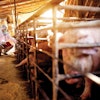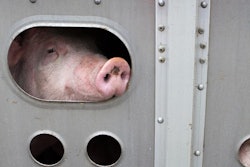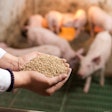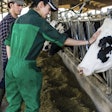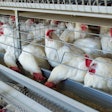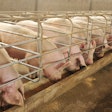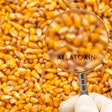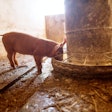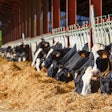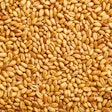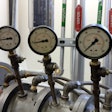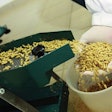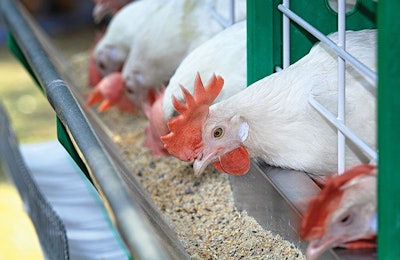
I am noticing with amusement several new marketing trends, one of them claiming parenthood of the term precision nutrition. Perhaps this is what we usually call “know what you do” and such people have become so rare that if you happen to come across one you get so mesmerized that you believe it is “precision,” or magic, itself.
Nutrition is nothing but precise. We are trained to feed the average animal in a herd or flock. We cannot feed each individual animal, and even if we could, we cannot know beforehand how each animal will perform each day. It is difficult even for us ourselves to predict how we will wake up each morning, let alone an animal that neither talks nor handles a tablet.
As I said, we are trained to feed the average animal – a beast that does not exist in practice as half the animals will fall short of the average and another half will be above it. And, when it comes to feeds, they are nothing but precise. Wheat alone has more variability among its own varieties when compared with other cereals. And, it is impossible to test each and every load of wheat for all nutrients. Even with NIR technology, we rely on an estimation, not a precise value. Even wet chemistry uses at best three samples and provides an average.
I am sure that, behind claims for precision are promises to match your farm’s potential with a good nutritionist. And a good nutritionist knows that a farm’s potential can only be reached by challenge trials. That is, give 5% more of something, or take away something and see what happens. This is why mathematical models remain largely unused as we still struggle to understand not only the variables that affect nutrition, but even nutrition itself. It is no secret that a large number of human gastrointestinal diseases are called a “colic,” meaning nothing more than stomach problems, or we just do not know. As one professor of mine said once, nutrition is a great science for research because we still know relatively nothing about it, despite all our great discoveries.
So, better nutrition, yes; precise, probably overreaching for now. But it is catchy, I have to admit it, and kudos to the marketing people who thought about it.

